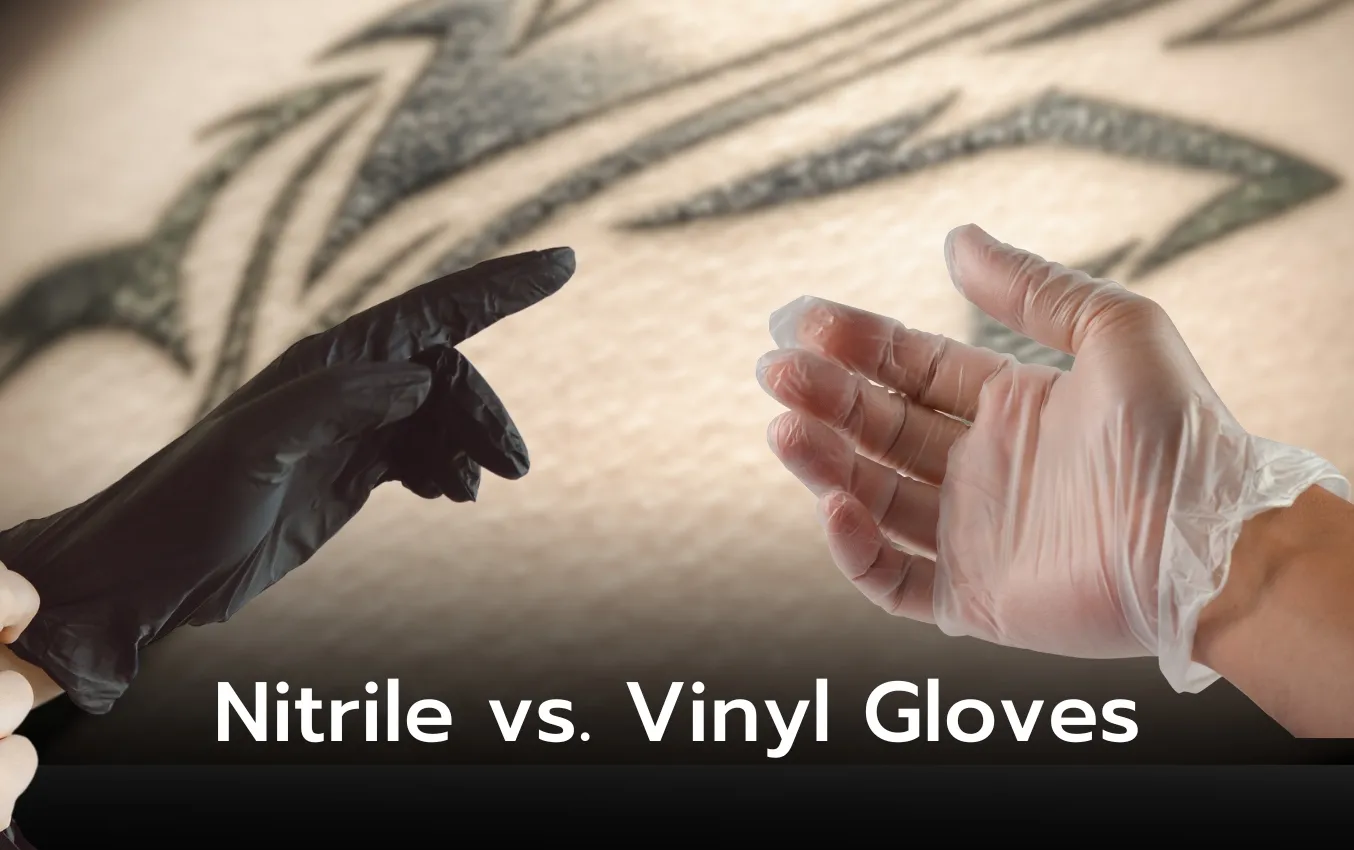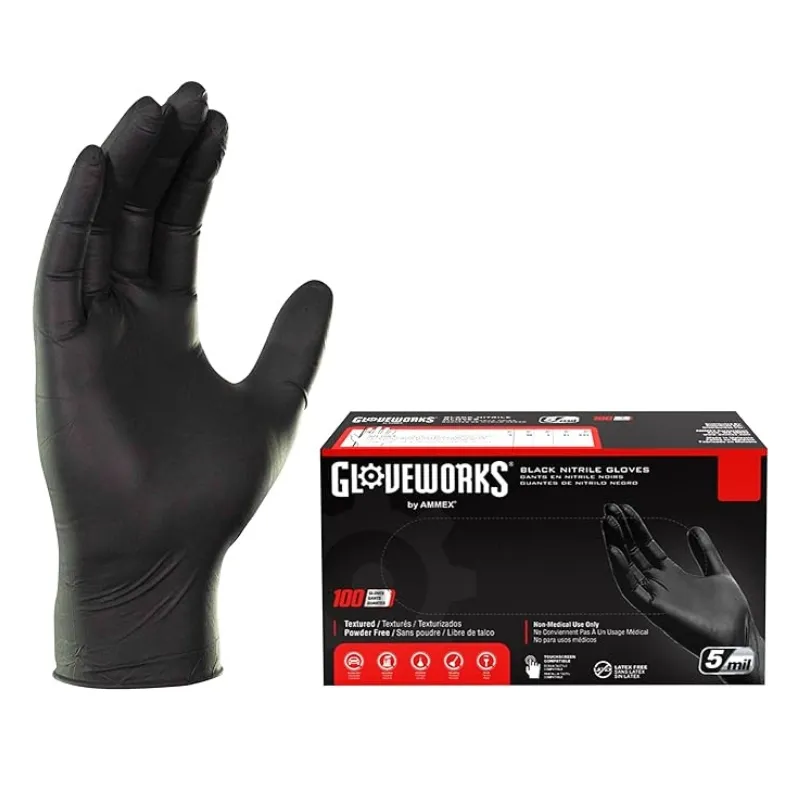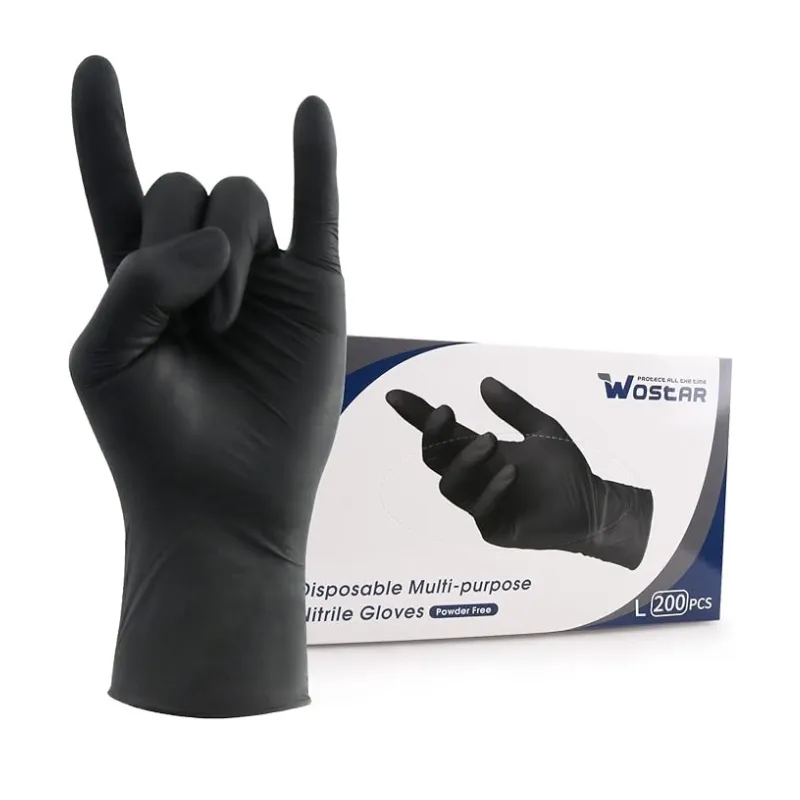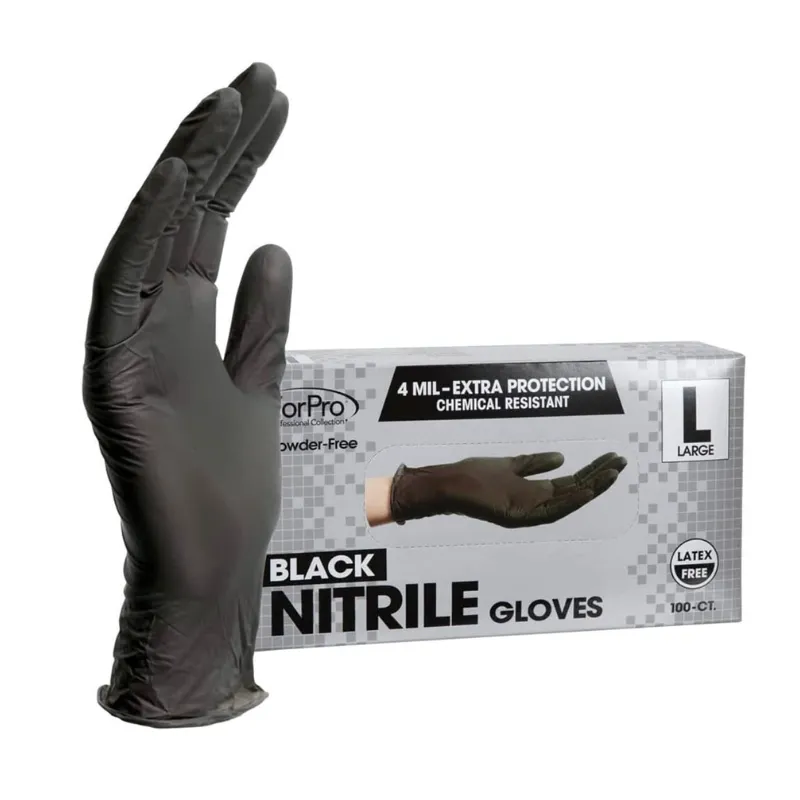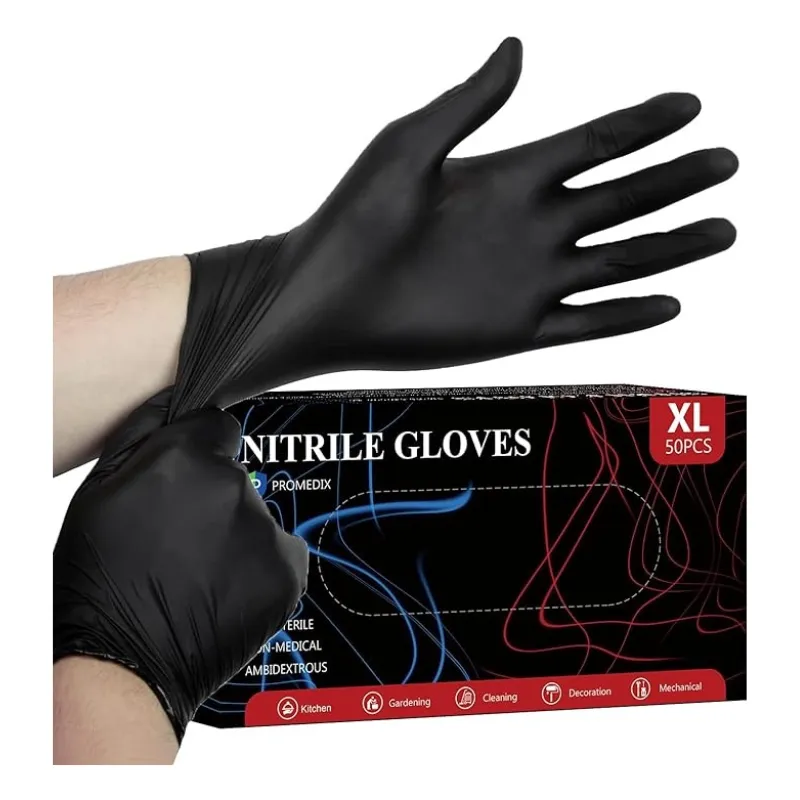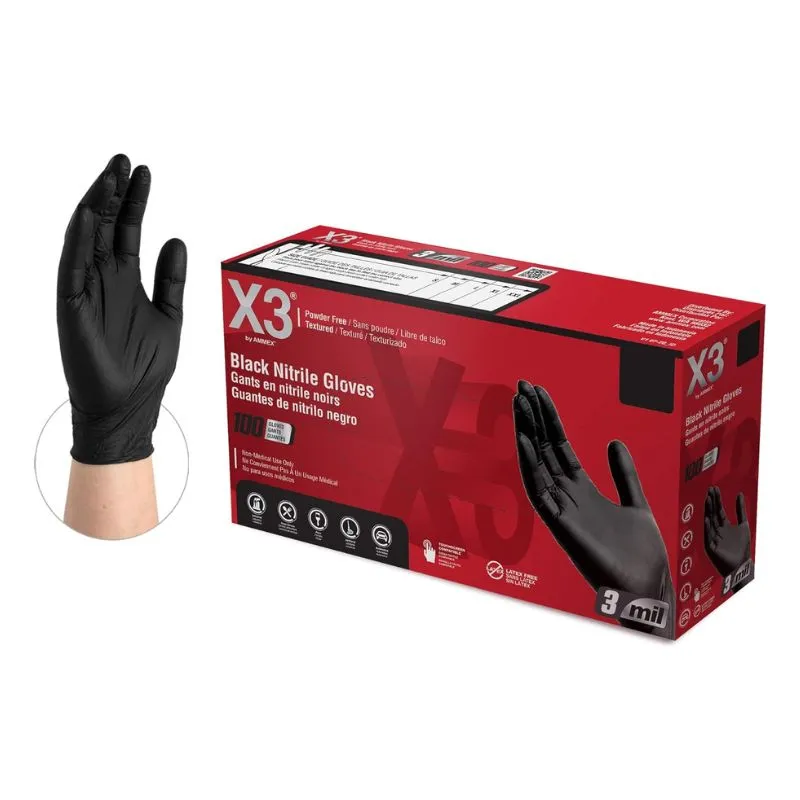
Nitrile vs. Vinyl gloves: Which offers better protection for tattoos?
As a tattoo artist, you understand the importance of selecting the right gloves for your craft. With so many options available, it’s important to know how nitrile gloves stack up against vinyl gloves in terms of durability and protection. In the context of withstanding the constant movement of tattoo needles, resisting punctures, and providing a barrier against inks and chemicals, which type of glove reigns supreme? In this article, we’ll probe into the key advantages and disadvantages of nitrile and vinyl gloves, helping you make an informed decision about the best gloves for your tattoo sessions.
Durability and Protection
In the context of durability and protection, you want to ensure that your gloves can withstand the demands of a tattoo session. This is where nitrile gloves excel compared to vinyl gloves.
Puncture Resistance
Resistance to punctures is crucial for tattoo artists, as the gloves need to withstand the constant movement of the tattoo needle without tearing or puncturing. Nitrile gloves are much more durable and resistant to punctures than vinyl gloves, providing an added layer of protection during tattoo sessions.
Chemical Resistance
For tattoo artists, chemical resistance is imperative to prevent contamination and exposure to the inks, cleaning agents, and other chemicals used in the tattoo process. Nitrile gloves provide better protection against these chemicals, ensuring a safe and healthy environment for both you and your clients.
This is particularly important, as exposure to these chemicals can have serious health consequences. By wearing nitrile gloves, you can have peace of mind knowing that you’re protected from potential harm. Additionally, the chemical resistance of nitrile gloves helps to prevent the spread of infections and diseases, ensuring a safe and healthy environment for everyone involved.
Comfort and Dexterity
It is imperative to consider the comfort and dexterity of gloves during tattoo sessions, as they directly impact your performance and ability to create intricate designs.
Flexibility and Tactility
On the one hand, nitrile gloves offer a good balance of flexibility and tactility, allowing you to maintain the necessary dexterity and control for detailed work. This means you can move your hands freely and precisely, without feeling restricted or uncomfortable.
Non-Restrictive Movement
For tattoo artists, non-restrictive movement is crucial, as it enables you to focus on the delicate details of the tattoo design. Nitrile gloves provide a snug fit without compromising your ability to move your fingers freely, ensuring that you can work efficiently and effectively.
Movement is critical in tattooing, and nitrile gloves accommodate this need perfectly. With nitrile gloves, you can move your hands and fingers with precision, allowing you to create intricate designs and patterns with ease. This level of dexterity is imperative for producing high-quality tattoos that meet your clients’ expectations.
Safety and Hygiene
While durability and puncture resistance are crucial aspects of nitrile gloves, their safety and hygiene features are equally important for tattoo artists.
Non-Allergenic Material
To ensure a safe and comfortable experience for both you and your clients, nitrile gloves are made from a synthetic material that is non-allergenic. This means that you don’t have to worry about latex allergies, which can be a concern for some clients.
Preventing Contamination and Exposure
The primary goal of wearing gloves during tattoo sessions is to prevent contamination and exposure to harmful substances. Nitrile gloves provide an effective barrier against inks, cleaning agents, and other chemicals used in the tattoo process. For instance, when handling tattoo equipment and inks, you may come into contact with bloodborne pathogens or other hazardous materials. Nitrile gloves act as a shield, protecting your skin from potential exposure and preventing the risk of infection. By wearing nitrile gloves, you can focus on creating exceptional tattoos while maintaining a safe and healthy environment for both yourself and your clients.
Choosing the Right Gloves
Many tattoo artists understand the importance of wearing disposable gloves during tattoo sessions, but selecting the right type and fit can be overwhelming. With so many options available, it’s crucial to consider factors such as durability, protection, comfort, and dexterity.
Why Nitrile?
Choosing nitrile gloves ensures that you can make precise movements with your hands while protecting yourself and your clients from potential allergens and contaminants. Nitrile gloves offer superior durability and puncture resistance, making them an ideal choice for tattoo artists.
What Color is Best?
With nitrile gloves, the color choice is largely a matter of personal preference. However, black nitrile gloves are the most popular choice among tattoo artists due to their ability to disguise ink stains and camouflage any blood that may appear during the tattooing process.
Right from the start, black nitrile gloves provide a clean and professional appearance, allowing you to focus on your craft without distractions. Additionally, the black color makes it easier to detect any tears or punctures in the gloves, ensuring that you can change them promptly and maintain a safe and hygienic environment.
Best Nitrile Gloves for tatooing
As you read above, we recommend using black nitrile gloves for tattooing. The gloves should be thin enough to maintain a sense of touch, so a thickness of 3-4 mil is recommended.
Best selection
5-mil nitrile and measuring 9.5 inches long. These textured gloves offer enhanced grip, comfort, tactile sensitivity, and strong barrier protection. Suitable for various tasks
4-mil powder-free black nitrile gloves offer excellent tactility for touch screens, high flexibility, and sensitivity.
4mil powder-free Black nitrile gloves, Textured finish for better grip, latex-free, comfortable, and strong
4mil powder-free Black nitrile gloves, Textured finish for better grip, latex-free, comfortable, and strong
3- MIL nitrile, our gloves offer a reliable barrier against various cleaning solutions. providing a comfortable fit similar to latex, suitable for tasks like food handling that require frequent glove change
How Often Should Gloves be Changed?
Any tattoo artist knows that gloves need to be changed frequently to maintain a safe and clean environment. You should change your gloves after each client, after washing your hands, and whenever you notice a tear or puncture in the gloves.
This frequent changing of gloves may seem excessive, but it’s necessary to prevent the risk of cross-contamination and infection. By changing your gloves regularly, you can ensure that you and your clients remain safe and protected throughout the tattooing process.
Find the Right Fit
Nitrile gloves should fit snugly, like a second skin, allowing you to move freely and maintain the dexterity needed for intricate tattoo work. Find the right size by referencing our sizing chart to ensure a comfortable and secure fit.
Right from the start, a well-fitting glove can make all the difference in your tattooing experience. By choosing the right size and fit, you can focus on your craft without distractions, ensuring that you produce high-quality tattoos that exceed your clients’ expectations.
Summing up
The comparison of nitrile gloves to vinyl gloves in terms of durability and protection during tattoo sessions clearly indicates that nitrile gloves are the superior choice for you as a tattoo artist. With their superior durability, puncture resistance, and chemical protection, nitrile gloves provide better protection and comfort during tattoo sessions. Additionally, they offer a good balance of flexibility and tactility, allowing you to maintain the necessary dexterity and control for detailed work. By choosing nitrile gloves, you can ensure a safe and successful tattooing experience for both yourself and your clients.
FAQ
Q: What are the key advantages of nitrile gloves over vinyl gloves for tattoo artists?
A: Nitrile gloves offer several key advantages over vinyl gloves for tattoo artists, including superior durability and puncture resistance, better chemical resistance, improved comfort and dexterity, and being non-allergenic. These advantages make nitrile gloves the superior choice for tattoo artists, providing better protection, comfort, and performance during tattoo sessions.
Q: How often should tattoo artists change their gloves during a session?
A: Tattoo artists should change their gloves frequently during a session. A new pair of gloves is needed after each time hands are washed, before the first appointment of the day, for each tattoo, and whenever a glove tears or punctures. Additionally, gloves should be changed if the client or artist needs a break, the artist touches a non-sterilized item, or the gloves feel too tight or too loose.
Q: Why are black nitrile gloves the most popular choice for tattoo shops?
A: Black nitrile gloves are the most popular choice for tattoo shops because they disguise ink stains, camouflage any blood produced during the tattooing process, and make it easier for artists with light to medium skin tones to see when there has been a rip or puncture in the disposable glove. There is no difference in quality between colors of nitrile gloves, but black gloves provide these practical advantages.
